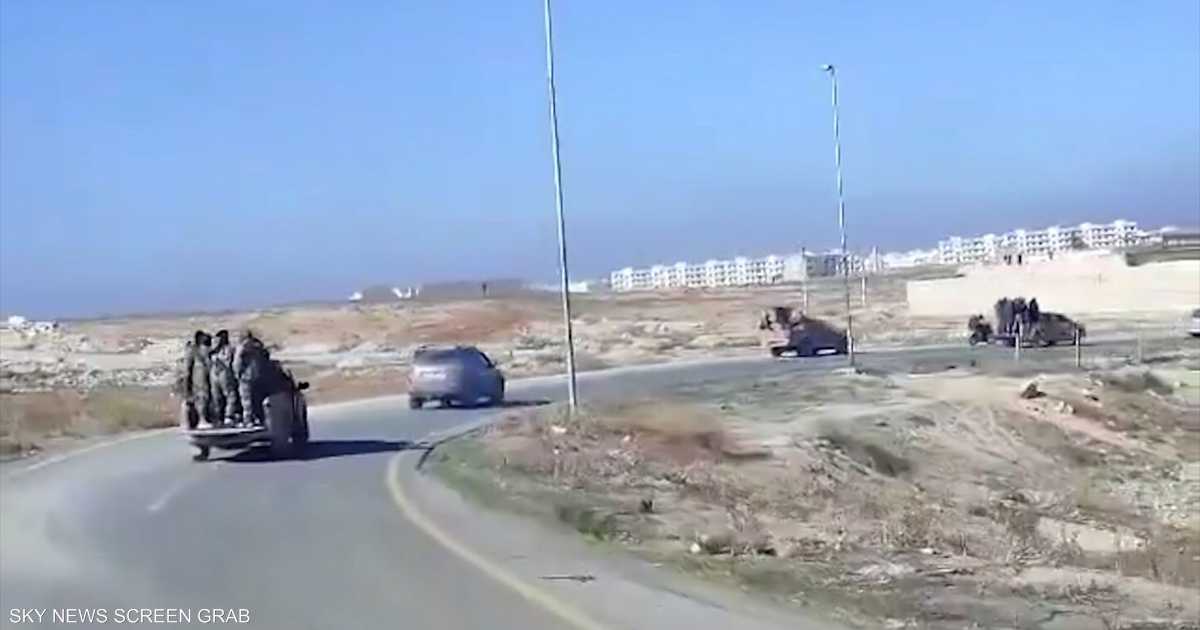Physical Address
304 North Cardinal St.
Dorchester Center, MA 02124


Escalation in Syria…fertile environment for extremism
in Syriadensity Hai’at Tahrir al-Sham (front Al-Nusra Earlier) its attacks in the north and west, which led to the control of strategic areas such as Aleppo.
Writer and political researcher Khairalah Khairallah points out that these events reflect favorable conditions for the return of extremist groups, which were fueled by internal and regional factors.
Khairalah believes that the Syrian regime contributes to the creation of a favorable environment for these organizations, as a result of its refusal to implement comprehensive reforms and decisions Security Councilincluding Resolution 2254.
For his part, Muhammad Khair Al-Akkam, a member, confirms Syrian National Assemblythat some international parties, such as the United States, Turkey andIsraelIt invests in the continuation of chaos by supporting these organizations, which makes military solutions alone insufficient.
He adds that the parties obstructing the end of the war are exploiting extremism to pursue their own interests, stressing the need to pursue a comprehensive approach that addresses the intellectual and social roots of the phenomenon.
Sudan…the threat crosses borders
in SudanA different scene is emerging, but no less dangerous, as the Brotherhood’s leader has revealed that tens of thousands of young men are being trained to fight, which threatens to turn Sudan into a new hotbed of armed conflict.
Sudanese writer Maher Abu Al-Gook points out that extremist organizations that have controlled the government for decades continue to threaten security and stability.
He believes that the speech of Abdul-Hay Yusuf, one of the prominent figures of the Sudanese scene, is aimed at recruiting fighters under religious pretexts and igniting new conflicts, at a time when these groups are trying to thwart any efforts towards the establishment of a democratic civilian government.
Regional roles and international dimensions
According to Dr. Hassan Al-Kabi, Professor of International Relations Research, Turkey It is a major player in supporting factions associated with political Islam, particularly in Idlib, where these groups are given political and logistical protection.
It also indicates that the effects of the wave Political Islam The events that followed the “Arab Spring” contributed to the influx of weapons and fighters into Syria, warning that the continuation of this phenomenon will lead to the expansion of the activities of armed groups across the border.
Warnings and coping strategies
Experts believe that countering these organizations requires a multidimensional approach that includes fighting extremist ideology and draining the sources of funding for these groups.
Khairalah emphasizes the importance of preventing the formation of “fertile soil” for these organizations, while Abu Al-Joukh calls for a focus on intellectual confrontation before military confrontation, in order to avoid attracting more young people.
In light of these worsening conditions, the region appears to be facing serious challenges that threaten its stability. The question remains: Will regional and international powers manage to face this threat, or is the region headed for a new era of instability and chaos?.